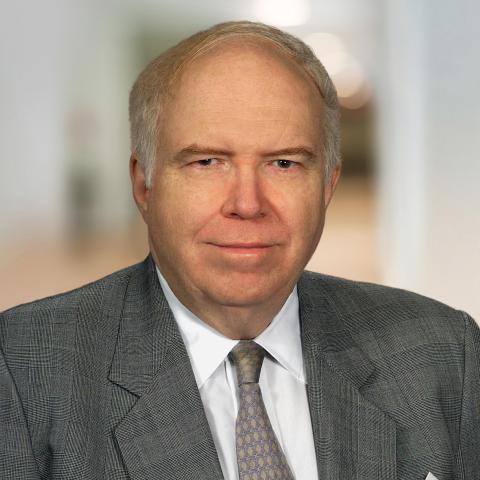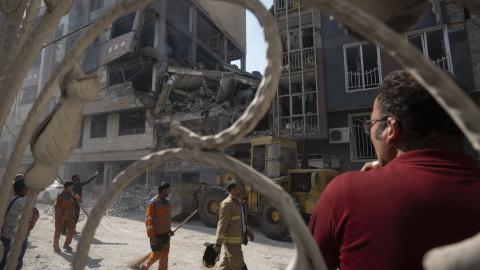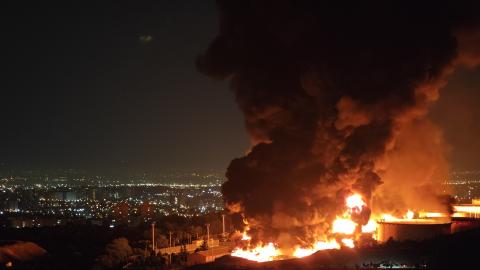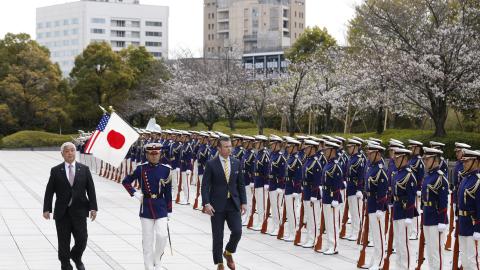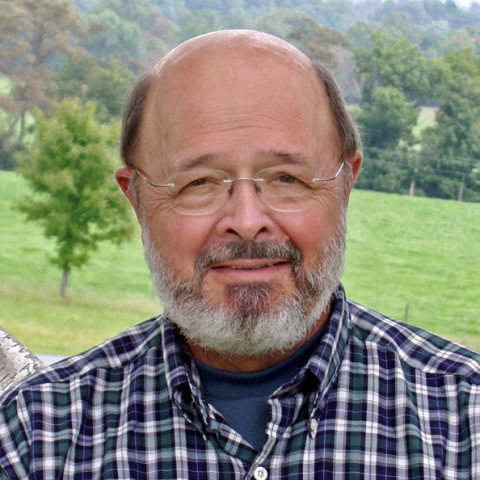Would building more nuclear power plants help Americans live longer?
Many people currently fear that burning fossil fuels is warming the planet. Nuclear power plants deliver electricity without creating greenhouse gases like coal-fired generators. Nuclear plants don't "drown" river gorges like hydroelectric dams. Nuclear power is reliable, compared to windmills that produce electricity only about 30 percent of the time.
However, the public worries about the human health impacts of low-level radiation that might be emitted if we built hundreds of additional nuclear power plants.
Would a major shift to nuclear power create a public radiation health hazard? Dr. S. Fred Singer, a noted atmospheric scientist and former Interior Department official, says no.
Dr. Singer reminds us of a $10 million study of nuclear shipyard workers' health done in the 1980s by the U.S. Department of Energy. The DOE's Nuclear Shipyard Worker Study found that nuclear workers had a cancer death rate 15 percent lower, and a non-cancer death rate 31 percent lower, than their unexposed shipyard colleagues. The nuclear workers were estimated to live nearly three years longer. (An independent scientific committee supervised the research.)
An earlier 1973 study published by the Argonne National Laboratory found people living in the six Mountain states with the highest natural radiation levels because of higher levels of cosmic radiation there had 10 percent lower cancer death rates than the national average, says Dr. Singer.
A 1998 study (when the Argonne laboratory had become a DOE facility) compared people living in three Gulf States with people living in three Mountain States that had triple the natural radiation. The Gulf State residents had 25 percent higher cancer death rates.
The Mountain States residents also had five times the radon exposure, but the Gulf States residents had 40 percent more lung cancer. (The EPA rates radon as a major U.S. lung cancer risk factor.)
A study of English radiologists published in 2001 found that radiologists are living more than three years longer than England's non-radiologist MDs.
Has anyone told the Environmental Protection Agency about these studies? Both the Energy Department and the EPA base their rules and regulations on the assumption that a single 'roentgen' of radiation may trigger a case of cancer. (They take their cue from a non-governmental organization, the National Council for Radiation Protection, which has also ignored these studies.)
Dr. Singer stresses the reality that cancer remains overwhelmingly a disease of old age- so much so that finding cures for all human cancers would lengthen the average human life span by only three years.
Some of the renewed interest in nuclear energy comes from the concern about emission of greenhouse gases from fossil-fueled power plants and the fears that have been raised about global warming. Yet there are serious questions whether the warmer global temperatures of the past 150 years have been due to human activities. There are natural climate cycles, and the world's temperatures have historically cycled up and down with the Little Ice Age, the Medieval Warming, and even earlier, the Dark Ages and the Roman Warming.
However, Dr. Singer says if the world wants "no-regrets" policies that would serve us well as climate-change insurance, we might do well to rethink investments in fourth-generation nuclear power plants that have no water coolant and thus are immune to the concern about melt-downs.
There undoubtedly are many reasons for the better health statistics-including diet, lifestyle habits, etc. But, it does seem clear that low-level radiation apparently presents no human risk. Will the public someday demand that nuclear power plants be built in their neighborhoods for the health benefits therein?

